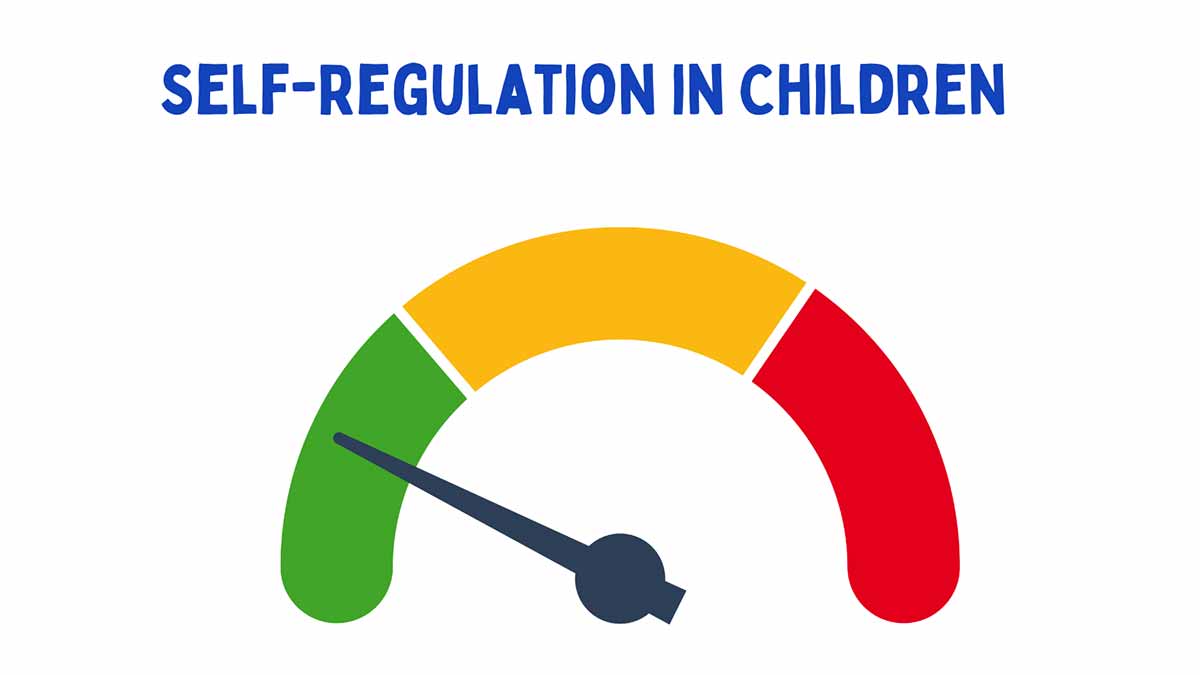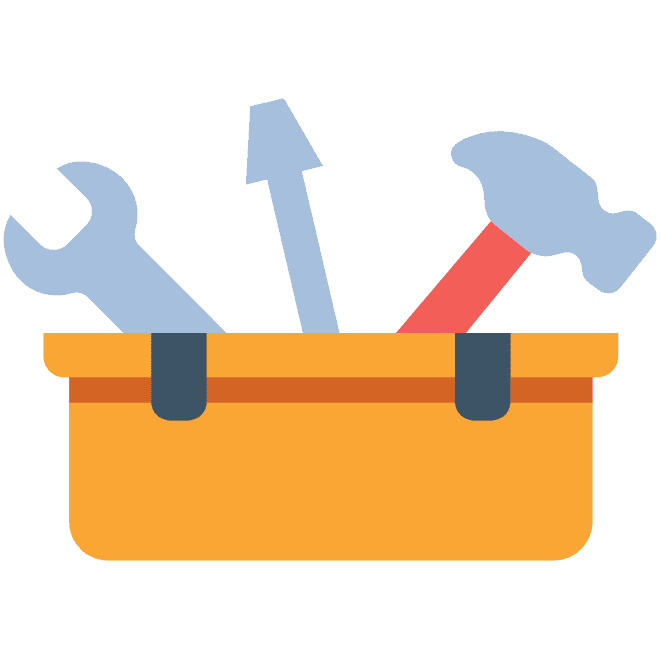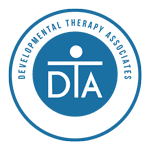
Below are some general developmental milestones for self-regulation as children grow
1–2 years
- Expresses what he/she wants through gestures or simple speech
- Understands simple commands like “no touching” or “gentle hands”
- Will usually seek parent for comfort when upset
2–3.5 years
- Stronger sense of self and desire to do things independently
- Displays shame, pride, or embarrassment
- Labels basic emotions like sadness, happiness, anger, e.g., “baby sad”
- Remembers rules for short time periods
- Waits for a toy or treat for up to about 1 minute
- Sometimes able to comfort herself when upset, e.g., by playing with a new toy
3.5–5 years
- Remembers more than one rule or instruction for short time intervals
- Can go back and forth between two different tasks
- Can stop him/herself from doing something inappropriate
- Focuses attention for about 2 minutes at a time
- Recognizes that others may have different emotional reactions
- Can understand and suggest simple ways to cope with anger and sadness, e.g., “play with my toys” or “think about something nice”
5–7 years
- Flexibly changes between different activities
- Labels multiple emotions
- Often able to disguise emotions when upset or disappointed
- Cooperates with others to decide on rules and follow simple rules in a game
Helpful Tips for Effectively using Co-Regulation as a Tool:
It is important to keep this in mind that co-regulation is an important part of helping kids learn to regulate themselves. This essentially means we use our own bodies and own state of calm to “share our calm” with children through modeling calm bodies, voices, and use of strategies and problem-solving alongside them. We can expect that as children grow they may need “less” of this however at times all children may benefit from co-regulation. Some ways we can do this:
- Getting at their level
- Making our voices lower
- Modeling a self-regulation tool
- Offering visuals
- Using declarative language statements instead of directive statements

Things to Keep in Mind when it comes to using Co-Regulation Measures:
- Ensure interoception (understanding how our body is feeling and what that tells us) is intact before addressing emotions and coping tools.
- We cannot use our coping tools without knowing our body is signaling discomfort and knowing how our body feels/what it tells us when it is calm/feeling good.
- Help children practice labeling what their body is doing using a visual or menu. For example:
- my tummy is feeling floppy/squishy …. I wonder if that means I am nervous).
- Help children practice noticing what our external (hands, feet, cheeks, mouth) and internal (stomach, muscles, heart, bladder, etc) are feeling during different activities.
- The practice of tools when regulated is necessary for helping children successfully implement strategies when they are dysregulated.
- Self-regulation may look different for neurodivergent individuals.
For More Information/ Other Helpful Resources:
- Check out Kelly Mahler’s interoception curriculum for more detailed information and her online site has some free resources you can use for everyday practice.
- Autism Level Up has many free excellent resources for teaching and communication regulation level with and without the use of emotional words.
